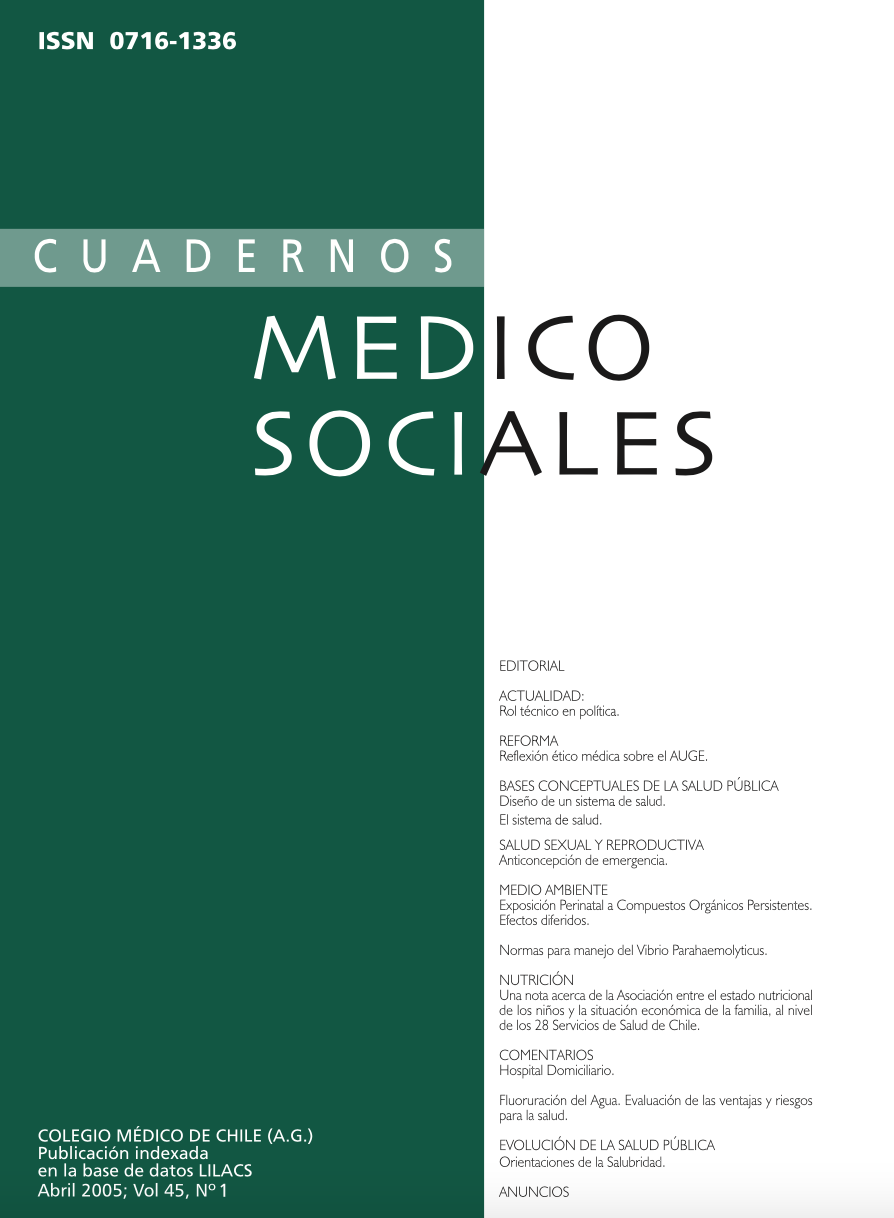Perinatal Exposure to Persistent Organic Compounds. Delayed Effects
Keywords:
Persistent organic compounds, prenatal exposure, perinatal exposure, delayed effects, irreversible effects, imprinting, cell reprogramming, pesticidas, dioxins, polychlorobiphenylsAbstract
Delayed effects induced by prenatal exposure to several organic persistent compounds by the mechanism of imprinting (cell reprogramming) are described. Among these compounds are dioxins, polychlorobiphenyls, DDT and its metabolite DDE, methoxychlor, chlordecone (kepone), dieldrin, lindane, benzo(a)pyrene and pentachlorophenol. The mechanisms involves irreversible alterations in various cell-type differentiation or programming. These alterations involve changes in various hormone receptor characteristics that favor the development of diverse pathologies later in life. Among the effects that can be detected during the adult age in perinatally exposed humans or experimental animals can be noted neurobehavioral alterations, delay in the cognitive development, immune depression, infertility and other alterations in the male and female reproductive systems, changes in the concentrations of various hormones and neurotransmitters and changes in liver ability to induce several enzymatic systems.
Downloads
Downloads
Published
How to Cite
Issue
Section
License

This work is licensed under a Creative Commons Attribution-NonCommercial-ShareAlike 4.0 International License.


